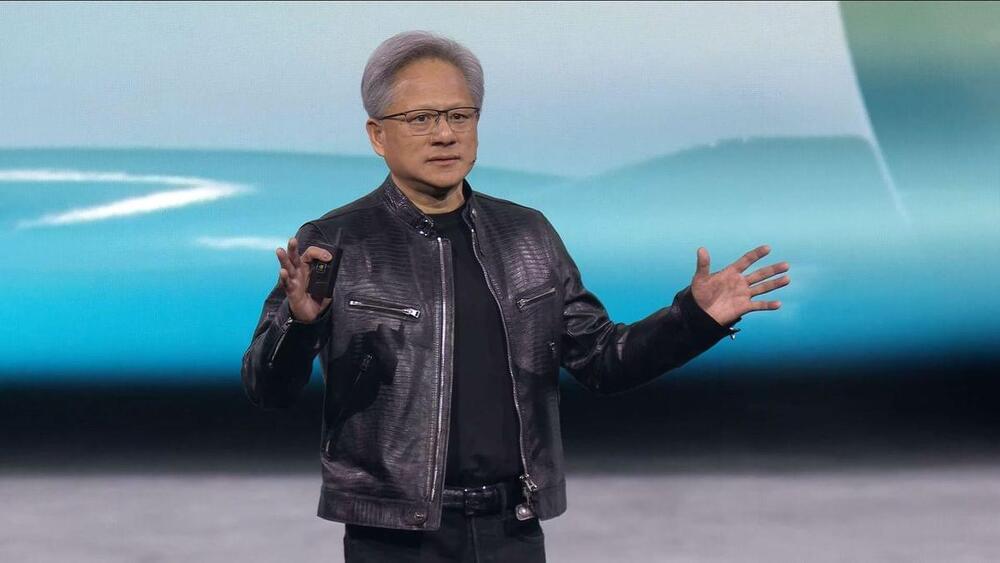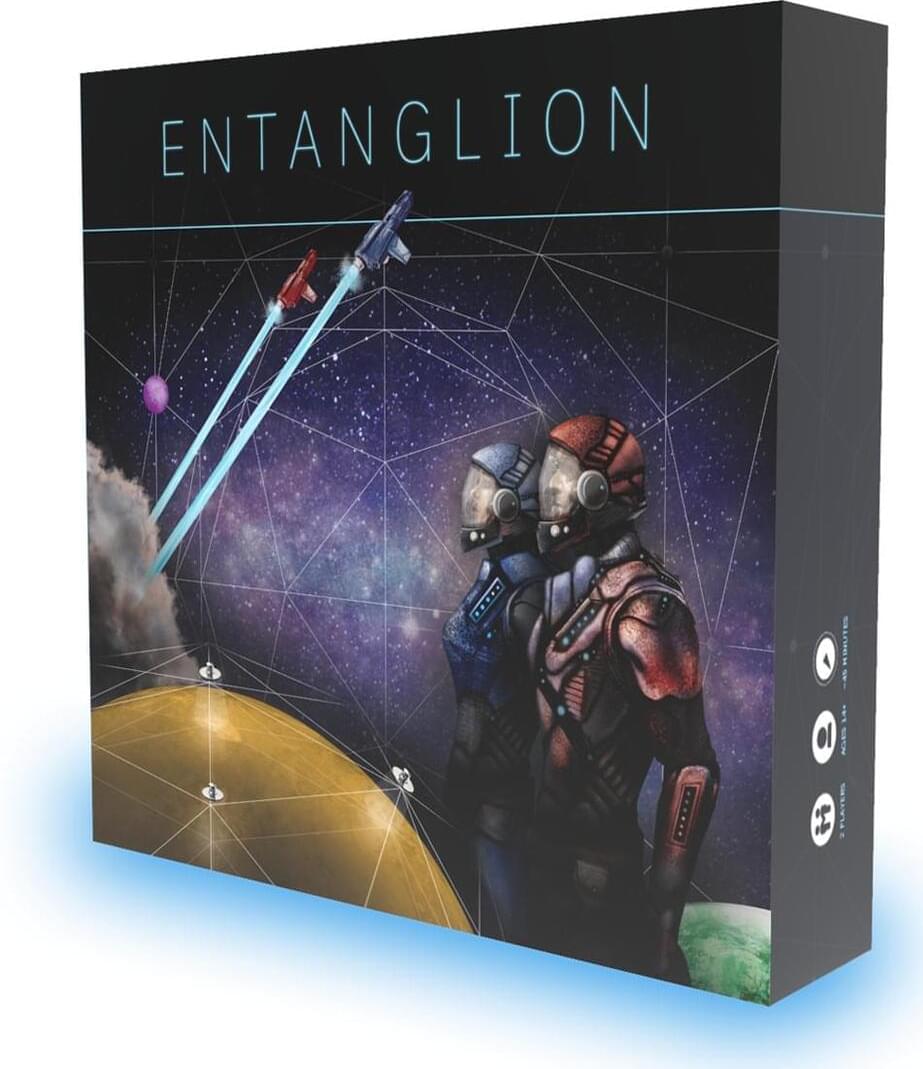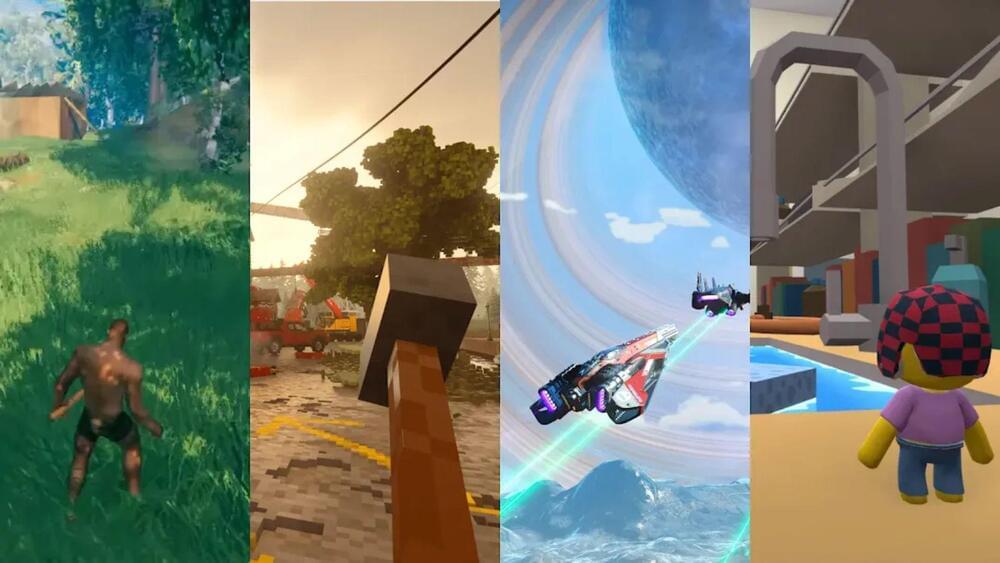GPU inception, with graphics cores processing AI workloads to generate graphics again.



In the digital age, where entertainment is but a click away, a silent yet powerful transformation is underway. Streaming companies, the vanguards of this digital entertainment era, are not just delivering content; they’re crafting experiences, and artificial intelligence (AI) is their most adept tool. Let us explore how AI is not just changing, but revolutionizing the way we consume media.
Gone are the days of aimlessly browsing channels to find something to watch. AI in streaming services is like a discerning director, understanding and curating content to fit the unique tastes of each viewer. It’s an era where your streaming service knows what you want to watch, sometimes even before you do. The great power of AI is personalization, where organizations can create unique user journeys. At the core of AI’s integration into streaming is personalization. Netflix, the colossus of streaming, employs AI algorithms to recommend movies and shows based on your viewing history. However, generally, these recommendation engines based on historical presences have muted value. Traditional metrics leverage past viewing information or collaborative filtering to make content recommendations. However, customer feedback has shown these are imperfect fits in the age of data for precision product-market fit.

Congratulations, your captain has retired and left you in charge of his galactic shipping business! Now it’s time to make some upgrades as you embark on a journey to reconstruct a quantum computer developed by an ancient race.
Entanglion is a cooperative board game designed for two players. Learn about quantum computing as you work together with your teammate to navigate the three galaxies of the quantum universe, avoid detection by the defense mechanisms left behind by the ancients, and rebuild the quantum computer.
Think you’re up for the challenge?

LinkedIn, the Microsoft-owned social platform, has made a name for itself primarily as a platform for people looking to network and pick up knowledge for professional purposes, and for recruitment — a business that now has more 1 billion users. Now, to boost the time people are spending on the platform, the company is breaking into a totally new area: gaming.
TechCrunch has learned and confirmed that LinkedIn is working on a new games experience. It will be doing so by tapping into the same wave of puzzle-mania that helped simple games like Wordle find viral success and millions of players. Three early efforts are games called “Queens”, “Inference” and “Crossclimb.”
App researchers have started to find code that points to the work LinkedIn is doing. One of them, Nima Owji, said that one idea LinkedIn appears to be experimenting with involves player scores being organised by places of work, with companies getting “ranked” by those scores.

Fly, goat, fly! A new AI agent from Google DeepMind can play different games, including ones it has never seen before such as Goat Simulator 3, a fun action game with exaggerated physics. Researchers were able to get it to follow text commands to play seven different games and move around in three different 3D research environments. It’s a step toward more generalized AI that can transfer skills across multiple environments.
Google DeepMind has had huge success developing game-playing AI systems. Its system AlphaGo, which beat top professional player Lee Sedol at the game Go in 2016, was a major milestone that showed the power of deep learning. But unlike earlier game-playing AI systems, which mastered only one game or could only follow single goals or commands, this new agent is able to play a variety of different games, including Valheim and No Man’s Sky. It’s called SIMA, an acronym for “scalable, instructable, multiworld agent.”

DeepMind’s SIMA is groundbreaking because it doesn’t tap into a game’s internal structure or rule set. Instead, its knowledge base derives from extensive analysis of human gameplay footage paired with the explanations provided by data labelers.
What differentiates SIMA is its ‘generalist’ design. Google partnered with eight game developers to give SIMA access to a wide range of titles, ensuring the AI learns to grasp the core concepts of play within different virtual worlds. This exposure allows SIMA to follow instructions provided as simple text and interact with its environment as a human player might.

Google announced a number of new features for Google Play listings for games, including AI-powered FAQs, displaying the latest YouTube videos, new immersive ad formats and support for native PC game publishing. The announcements were made at the Google for Games Developer Summit held in San Francisco.
As part of the announcement, the company is releasing new tools related to Play Store listings to attract more users. Developers can display promotions and the latest YouTube videos directly in their listings — they will be shown to users in the Games tab of the Play Store.
Google is also introducing support for AI-powered FAQs on the game’s information page in English. Currently, these features are rolling out to a limited set of developers. The company had been testing AI-generated FAQ answers on Play Store for non-game-related apps for some time.

Here’s my latest Opinion piece for Newsweek. It discusses the panel I chaired at the House of Lords, UK Parliament supporting enhanced athletes & the Enhanced Games!
Antagonists of the Enhanced Games say it will be dangerous. Some insist athletes will overdose and possibly die while competing. D’Souza said these fears are overblown. The Enhanced Games will also have some regulations, including pre-competition tests that show an athlete is healthy to compete, regardless of what they’re on.
Many athletes don’t seem to mind the risks. That’s partially because they’re being offered large financial sums to compete. Magnussen was offered $1.5 million dollars to try to break the 50-meter freestyle world record, and he appeared quite happy with that sizable amount of money. Furthermore, many athletes have already been taking enhancements, so now they’d just be out in the open about it.
As society is constantly being introduced to all sorts of new technologies—innovation and science that improves and alters the lives of humanity—it would seem ignorant to not try to see how far human capability can go when enhanced. It’s time to push the human being further and let it start creating new world records for athletes who are improving their competitive level with enhancements. It’s also time to start down the path of stopping discrimination and reputation-busting against drug users in sports.
A more open-minded approach to sporting events and athletes is needed. Enhanced games could be just the breakthrough many of us have been waiting to see.
The film industry, always at the forefront of technological innovation, is increasingly embracing artificial intelligence (AI) to revolutionize movie production, distribution, and marketing. From script analysis to post-production, Already AI is reshaping how movies are made and consumed. Let’s explore the current applications of AI in movie studios and speculates on future uses, highlighting real examples and the transformative impact of these technologies.
AI’s infiltration into the movie industry begins at the scriptwriting stage. Tools like ScriptBook use natural language processing to analyze scripts, predict box office success, and offer insights into plot and character development. For instance, 20th Century Fox employed AI to analyze the script of Logan, which helped in making informed decisions about the movie’s plot and themes. Consider, in pre-production, AI has also aided in casting and location scouting. Warner Bros. partnered with Cinelytic to use AI for casting decisions, evaluating an actor’s market value to predict a film’s financial success. For example, let’s look at location scouting. AI algorithms can sift through thousands of hours of footage to identify suitable filming locations, streamlining what was once a time-consuming process.
During filmmaking, AI plays a crucial role in visual effects (VFX). Disney’s FaceDirector software can generate composite expressions from multiple takes, enabling directors to adjust an actor’s performance in post-production. This technology was notably used in Avengers: Infinity War to perfect emotional expressions in complex CGI scenes. Conversely, AI-driven software like deepfake technology, though controversial, has been used to create realistic face swaps in movies. For instance, it was used in The Irishman to de-age actors, offering a cost-effective alternative to traditional CGI. Additionally, AI is used in color grading and editing. IBM Watson was used to create the movie trailer for Morgan, analyzing visuals, sounds, and compositions from other movie trailers to determine what would be most appealing to audiences.

Something to look forward to: AMD’s FSR image upscaling technology has avoided using AI until now, which has been a double-edged sword in its competition against Nvidia’s DLSS and Intel’s XeSS. A recent interview with AMD’s CTO indicates that the company plans to pivot sharply toward AI in 2024, with gaming upscaling as one area of focus.
AMD has confirmed that it’s developing a method to play games with AI-based image upscaling. Although further details are scarce, this could potentially bring the company’s solution closer to Nvidia’s. In an interview on the No Priors podcast, CTO Mark Papermaster explained how AMD has deployed AI acceleration throughout its product stack and plans to introduce new applications to utilize it this year. “We are enabling gaming devices to upscale using AI and 2024 is a really huge deployment year,” he said.
Nvidia DLSS, Intel XeSS, and AMD FSR allow gamers to increase the resolution at which they play while minimizing the performance impact. However, while DLSS and XeSS utilize hardware-assisted AI, FSR relies only on spatial and temporal information.